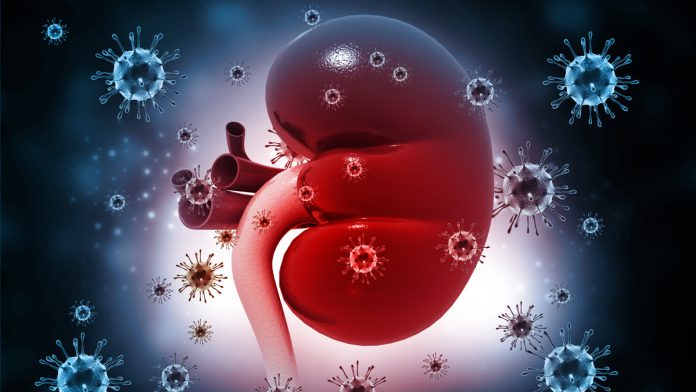Kidney; from waste elimination to oxygenation this organ completes your body’s regulation. Read how testing can keep this intact…
Which tests help you really to care for your kidney?
Kidney, a vital pair of organs in your body that regulates the body’s metabolic functions. It balances the pH, removes waste, maintains blood pressure, and helps in the production of red blood cells.
As it is evident that kidneys are involved in a variety of functions, it becomes necessary to get them tested. So as to predict if they are performing all their functions properly.
What does the testing Include?
Kidney profile tests are the most used set of tools to screen whether the kidney functions are in the normal range. It checks the following parameters:
Creatinine- Serum/Urine tests:
Creatinine is produced in the body when creatinine phosphate is broken down in the muscles. It is then transported by the bloodstream to the kidneys so as to later remove it through urine. Hence its levels can be detected much earlier in blood than in urine. The creatinine value depends on muscle composition, diet, activity and health status. In case of possible kidney disorders or failure the values shoot up or down drastically and becomes a major marker for diagnosis.
Urinary Microalbumin test:
It is a test that detects any damage to blood vessels in the kidneys and predicts the health condition of such patients. When the level of albumin increases it can be detected in the urine samples.
Blood urea nitrogen (BUN):
It reflects the level of urea (a waste product) and the amount of nitrogen produced when it is broken. Protein intake in the diet and its breakdown in the body produces urea. Further urea is filtered and reabsorbed in the kidneys. Hence it is a significant test to assess kidney functions.
Calcium and Phosphorus levels:
Kidneys maintain the level of phosphorus through its absorption and excretion. Hence an important parameter to check the kidney’s regular functions.
Kidneys contain enzymes that convert Vitamin D into its active form calcitriol, causing calcium absorption in the body. In case of kidney dysfunction, calcium levels rise in the blood and are passed in urine at abnormally high levels allowing its detection.
BUN/Serum Creatinine ratio:
The kidney plays an important role in urea excretion and creatinine formation. These two parameters reveal the filtration rate in kidneys thus, an increased ratio is seen in diseased conditions.
Urinary albumin/Creatinine ratio:
Different patients will have different concentrations of albumin and creatinine. Hence this ratio will help understand the severity of the condition in an individual.
The impact on the myriad of body functions that the kidney has is evident, hence, testing becomes an indisputable prescription for a healthy life.






